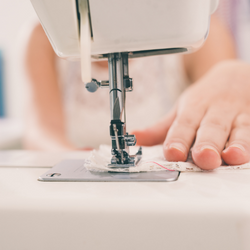Your Sewing Table sits front and center in your sewing room. It is the piece of sewing furniture that makes your sewing machine a delight to use.
With so many sewing tables to choose from, let's look at some of the things to consider for your personal sewing space. Features that matter when you are sewing all those beautiful projects.
Size
The size of your sewing cabinet is probably one of the first things we think about. If you love to quilt and need space for a large project, take a look at the table surface of Tracey's Tables Quilters Workstation. Or their Double Box Sewing Cabinet for an amazing spread of table space.
Think of the largest projects you will be creating, and allow for the space it takes to support them. It can be a real challenge when your project continually falls off of a small sewing table. Another benefit of a larger sewing table is being able to double the tabletop using it as a cutting and crafting table.
Then there is the changeable size - store small, sew big! Check out the Sylvia Designs 1520


Another consideration with the size of your sewing table is the shape when all the leaves are up. When you have a back leaf and a side leaf, you want a leaf that fills in the corner between the two for the full working space of the tabletop.
"L" or "U" Shape
Often with all the sewing we do, we like to use two or more sewing machines. If you use a serger or embroidery machine you may be glad to have a sewing table that is "L" or "U" shaped. With this design, you can easily switch your position to access your second machine or computer, keeping all your work within arm's reach.


Sewing Machine Lift
With a lift you can store your sewing machine down inside your sewing table, protecting your machine from dust and freeing your tabletop for other work. The lift does the work for you by moving your sewing machine up and down into the three positions: 1.) Freearm 2.) Flush with the table 3.) Storage.
If you have any physical challenges that make it difficult to lift, push or move your sewing machine you will want to have an electric lift. With a push of a button, your heavy sewing machine can be positioned just where you need it.
Quality - Real Wood
While the details may seem small they all add up to make a difference in the quality of your sewing table. In fact, the quality of your sewing table will tell the tail as you sew on it in the coming years.
She Sewing Tables considers a real wood sewing cabinet to be the best of the best in quality sewing furniture. The Amish craftsmanship is outstanding in the wood sewing cabinets. She Sewing Tables has several Amish-made sewing cabinets to choose from. Take a good look at Classic Woods, Flat Ridge Furniture, Timerside Woodworking, and Yoder's Woodworking.
 .
. 
One of the many outstanding features of wood is the dovetail construction of the drawers. Wood also offers so many color options that are timeless. The living look and feel of wood are just beautiful.
Melamine
If you choose a cabinet that is not solid wood there are other factors to consider. First KNOW what your table is made of. After wood, She Sewing Tables would encourage thermally fused Melamine. This surface really does hold up well to dings, scratches, and getting knocked around. It has a permanent bond created by a double link bond. Sylvia Design, Horn of America, and Tracey's Tables are all made with Melamine.
Laminate
Laminate is yet another product using a synthetic material that is attached with adhesives to a solid core such as MDF - medium density fiber. The Arrow Sewing, Americana, and Kangaroo cabinets are made with laminate.
Vinyl is another product that is used in the construction of sewing tables. It is a process that uses flexible plastics and vacuum presses and glues them onto a fiberboard. It can look and even feel like wood but does not have the durability of wood or melamine. This product can scratch easier and a hard blow may break the surface. In the long run, it peels off. 
Construction
Comparison in the depth of your cabinet, size of the kneehole, and the casters that are used. You do not want to be sorry you chose to skimp on the details when you invest in a sewing table.
The depth of the closed cabinet really varies. Some are only 20" while others are 28", that is a really big difference when you're thinking about having ample room to sew.
Conclusion
Think through your personal needs for a sewing table including the size and shape. Then consider what is the best quality that you want to invest in.
Enjoy sewing!
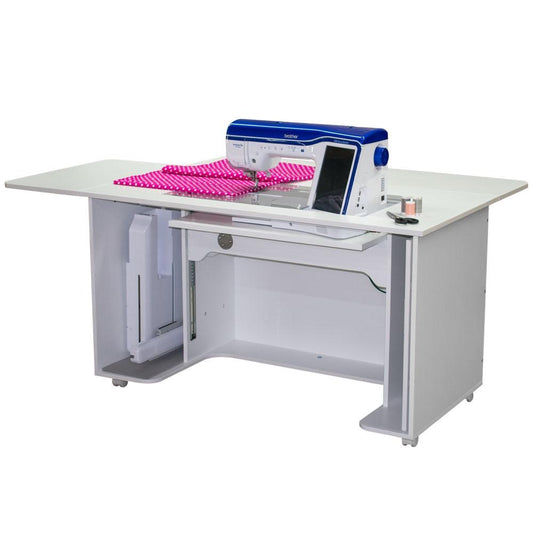
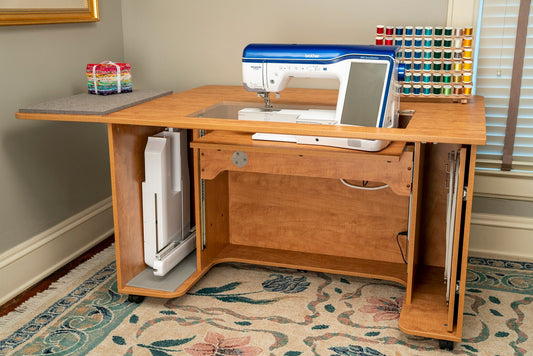 SaleVendor:Horn of America
SaleVendor:Horn of America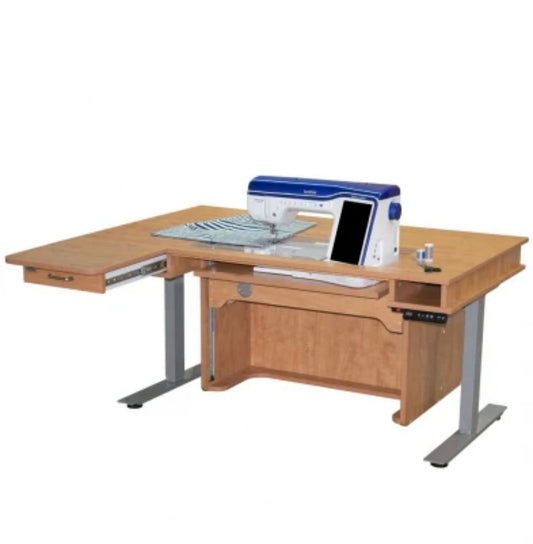
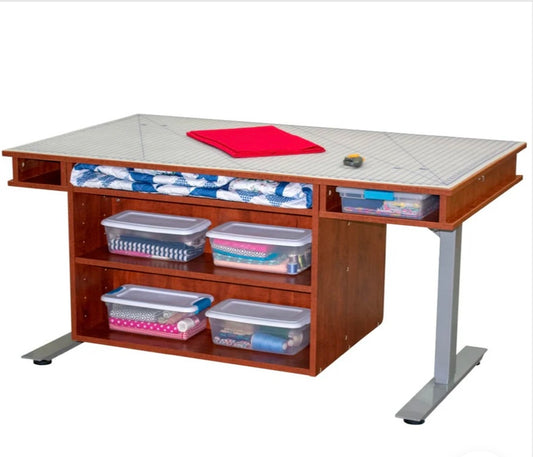 SaleVendor:Horn of America
SaleVendor:Horn of America
 SaleVendor:Horn of America
SaleVendor:Horn of America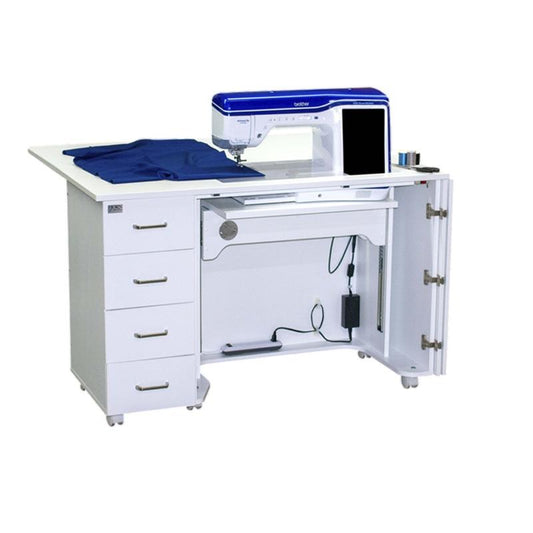
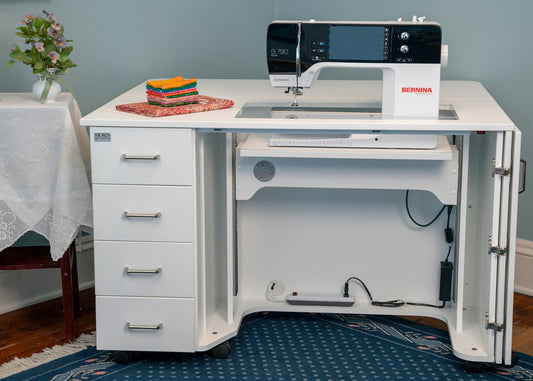 SaleVendor:Horn of America
SaleVendor:Horn of America
 SaleVendor:Horn of America
SaleVendor:Horn of America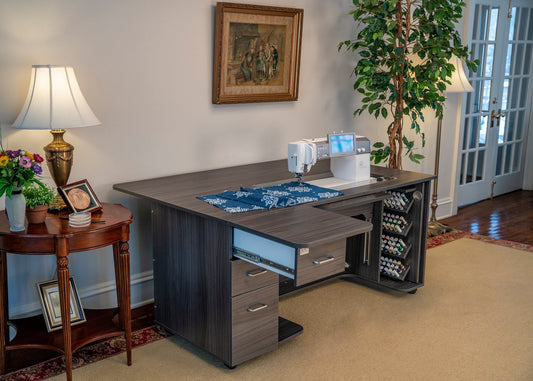
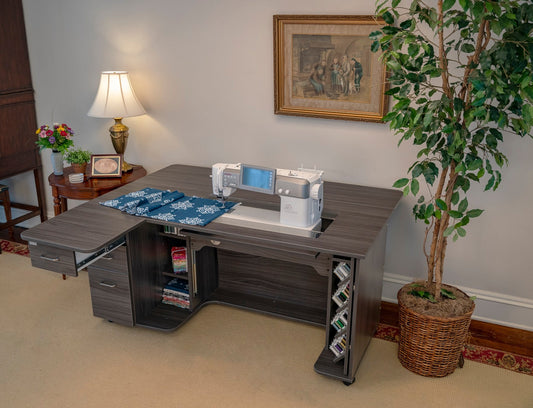 SaleVendor:Horn of America
SaleVendor:Horn of America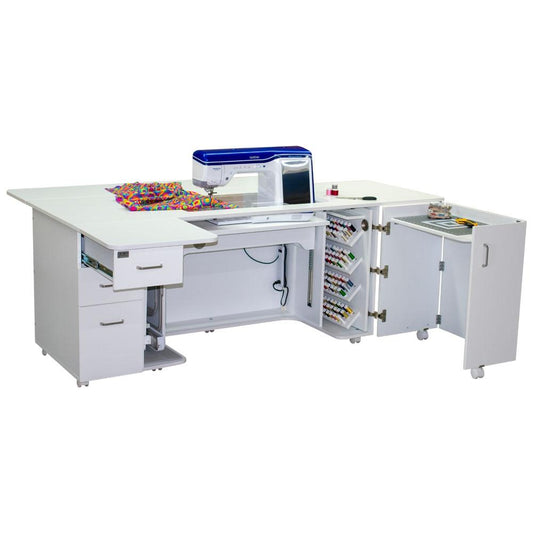
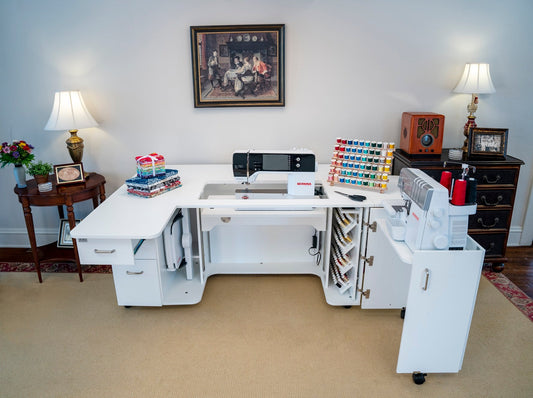 SaleVendor:Horn of America
SaleVendor:Horn of America
 SaleVendor:Horn of America
SaleVendor:Horn of America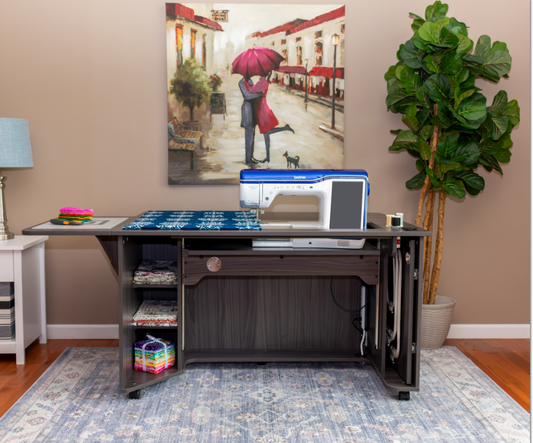 SaleVendor:Horn of America
SaleVendor:Horn of America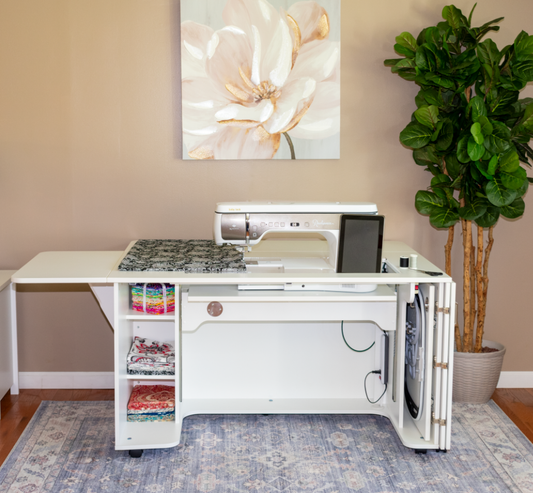 SaleVendor:Horn of America
SaleVendor:Horn of America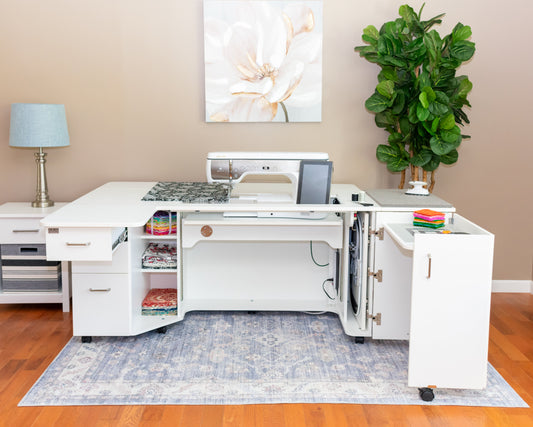 SaleVendor:Horn of America
SaleVendor:Horn of America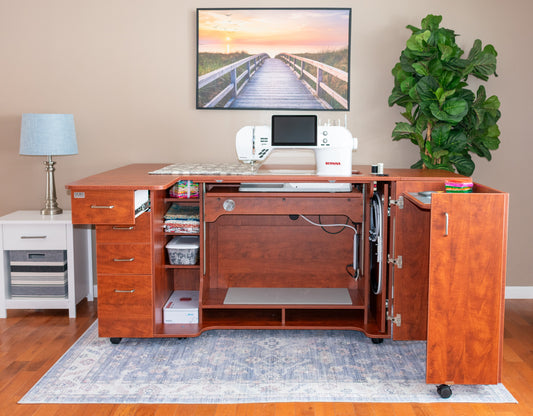
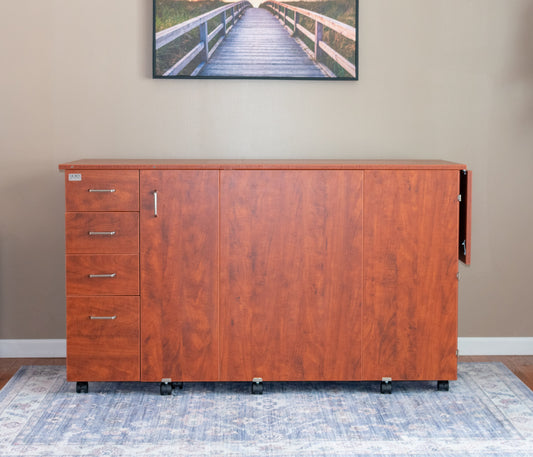 SaleVendor:Horn of America
SaleVendor:Horn of America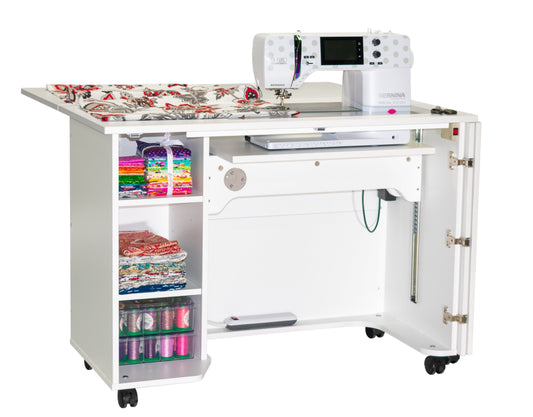
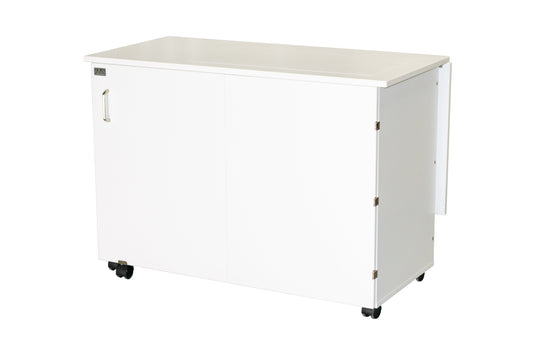 SaleVendor:Horn of America
SaleVendor:Horn of America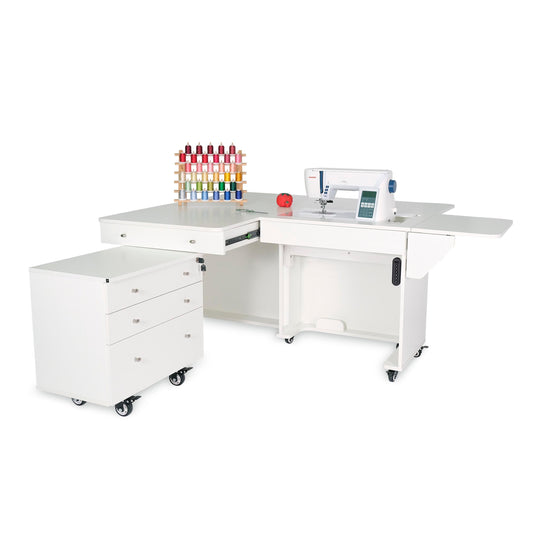
 Vendor:Kangaroo Sewing Furniture
Vendor:Kangaroo Sewing Furniture
 Vendor:Kangaroo Sewing Furniture
Vendor:Kangaroo Sewing Furniture
 Vendor:Kangaroo Sewing Furniture
Vendor:Kangaroo Sewing Furniture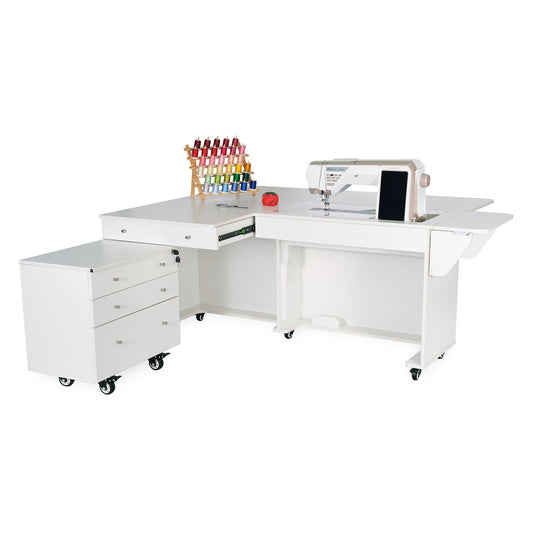
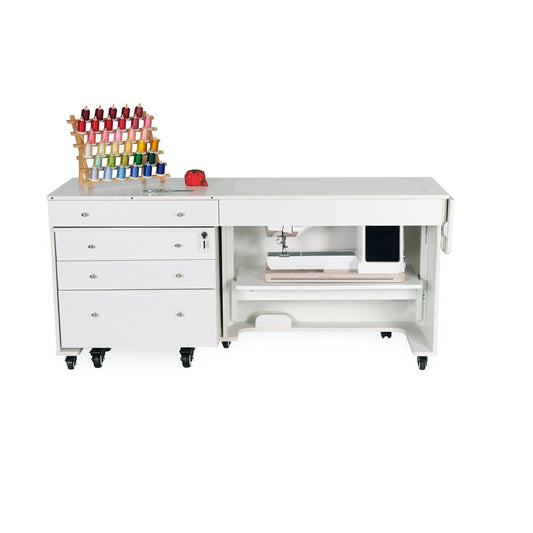 Vendor:Kangaroo Sewing Furniture
Vendor:Kangaroo Sewing Furniture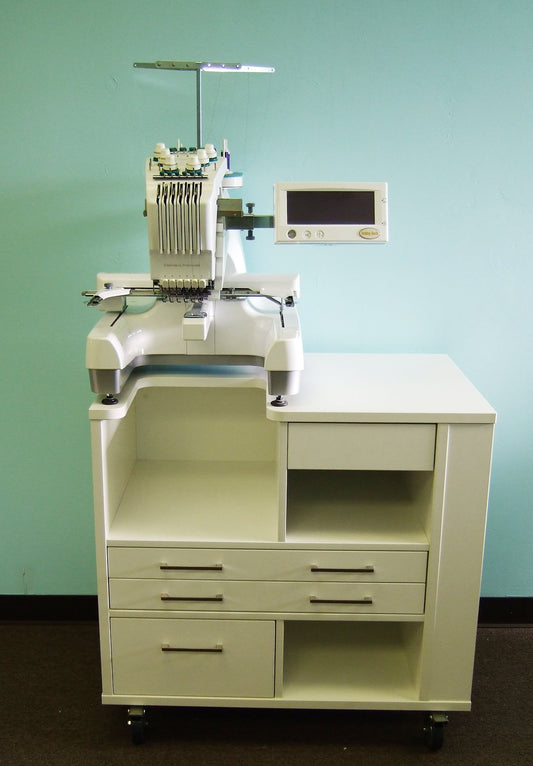
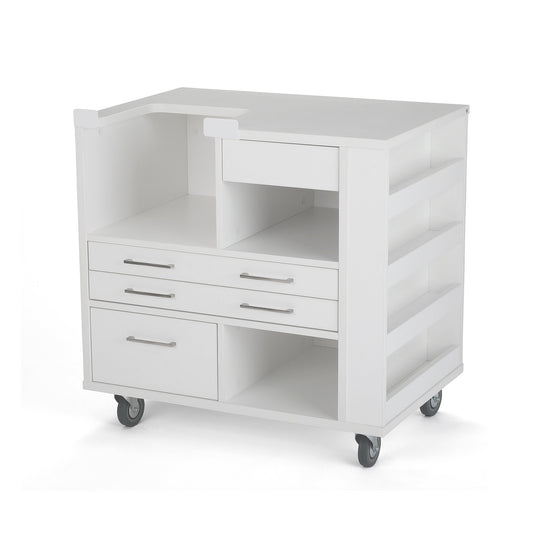 Vendor:Kangaroo Sewing Furniture
Vendor:Kangaroo Sewing Furniture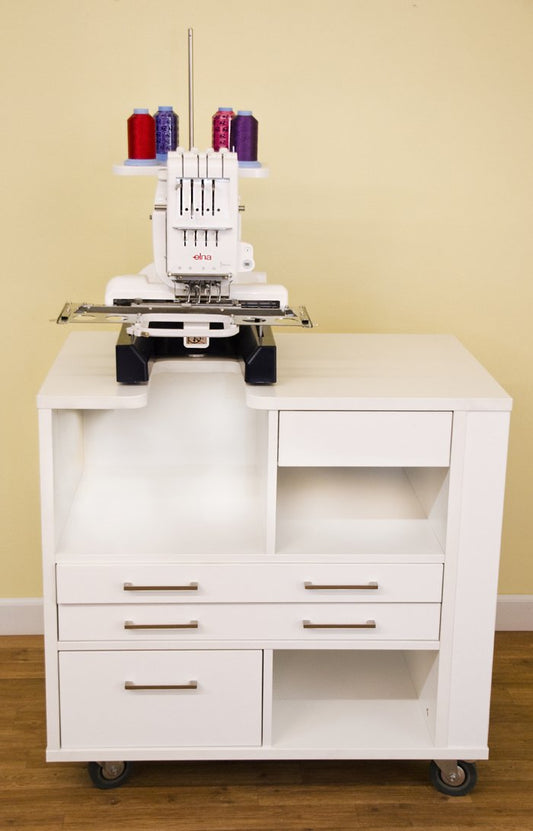
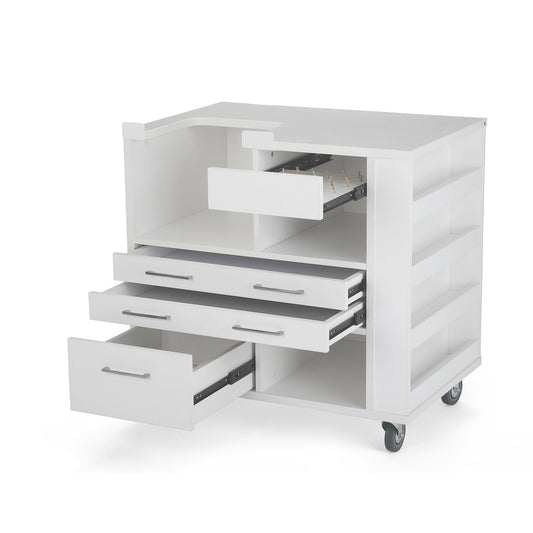 Vendor:Kangaroo Sewing Furniture
Vendor:Kangaroo Sewing Furniture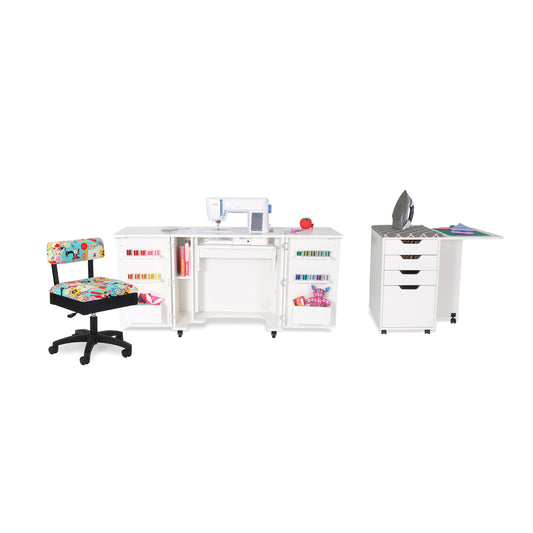
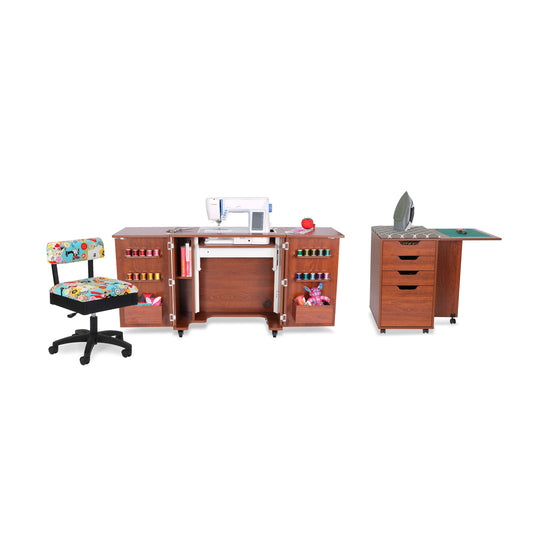 Vendor:Kangaroo Sewing Furniture
Vendor:Kangaroo Sewing Furniture
 Vendor:Kangaroo Sewing Furniture
Vendor:Kangaroo Sewing Furniture
 SaleVendor:Arrow Sewing Furniture
SaleVendor:Arrow Sewing Furniture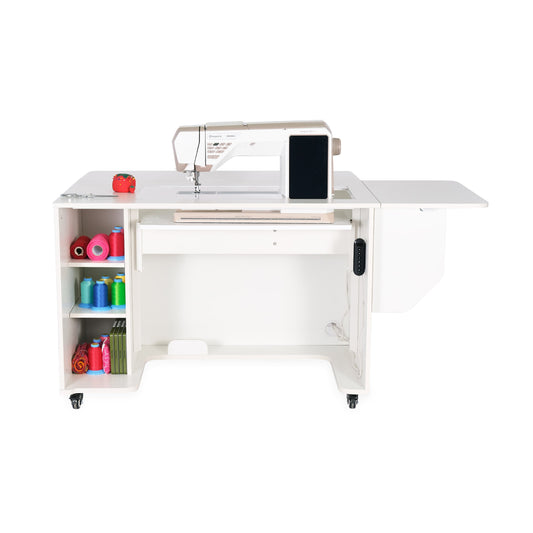
 Vendor:Kangaroo Sewing Furniture
Vendor:Kangaroo Sewing Furniture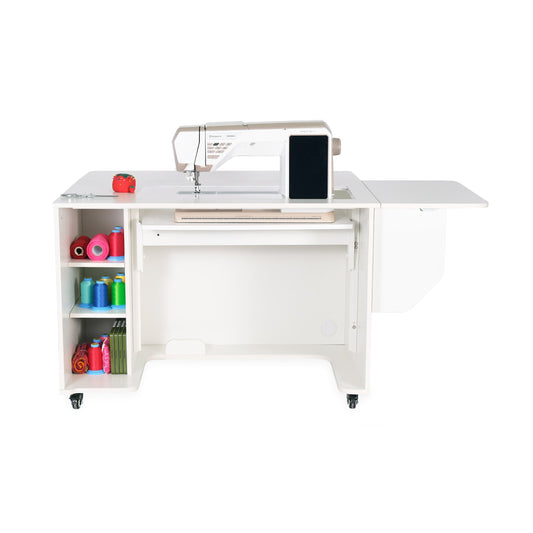
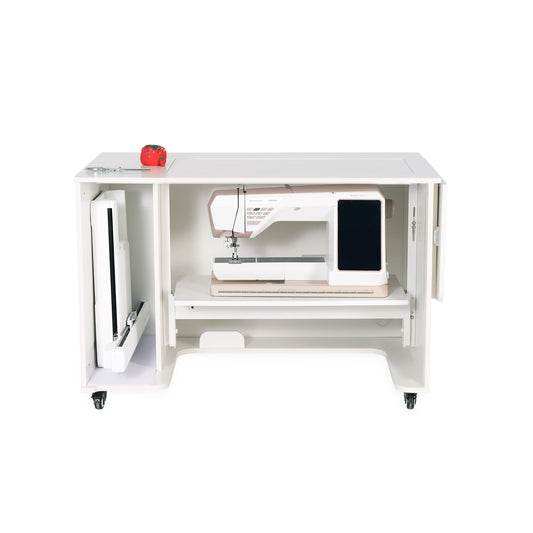 Vendor:Kangaroo Sewing Furniture
Vendor:Kangaroo Sewing Furniture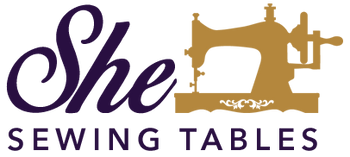




 .
. 
















































